The information was reported by the Russian business daily RBK, citing data from the European Statistical Office (Eurostat). This figure is three times lower than in 2022, when the EU spent more than 90 billion euros on Russian energy.
Europe continued to import oil, petroleum products and gas from Russia last year. Although Brussels banned purchases of Russian oil and petroleum products, temporary exemptions were granted.
For example, Bulgaria is allowed to import Russian oil by sea. Hungary, Slovakia and the Czech Republic can import Russian oil via the Druzhba pipeline. Meanwhile, Russian gas and liquefied natural gas (LNG) sold via pipeline are not affected by the restrictions.
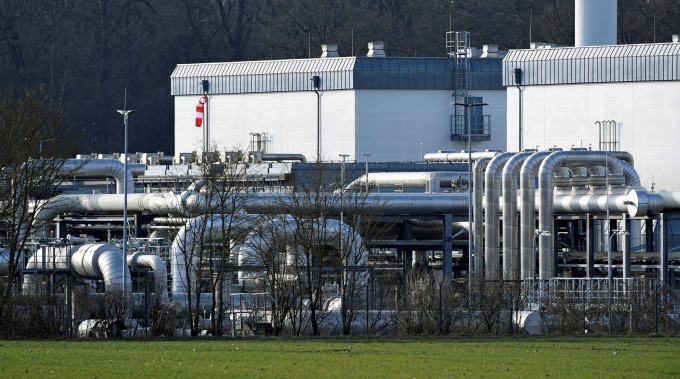
The Astora gas terminal, the largest gas storage facility in Western Europe, in Rehden, Germany, March 16, 2022. Photo: Reuters
However, according to European Commission data, the share of Russian pipeline gas in EU imports has fallen from more than 40% in 2021 to around 8% in 2023. Combined, pipeline gas and Russian LNG account for less than 15% of EU gas imports.
In January 2024, according to data from the Finland-based Center for Research on Energy and Clean Air (CREA), the EU continued to spend 2.1 billion euros to import fossil fuels from Russia, accounting for 13% of the country's export market share.
The EU is the largest buyer of Russian LNG, accounting for 50%, followed by China (21%) and Japan (19%). Last month, France's imports of Russian LNG increased by 50% compared to December 2023. At the same time, gas flows from France to other EU countries increased by 17%, with exports to Germany up 165% and Spain up 108%.
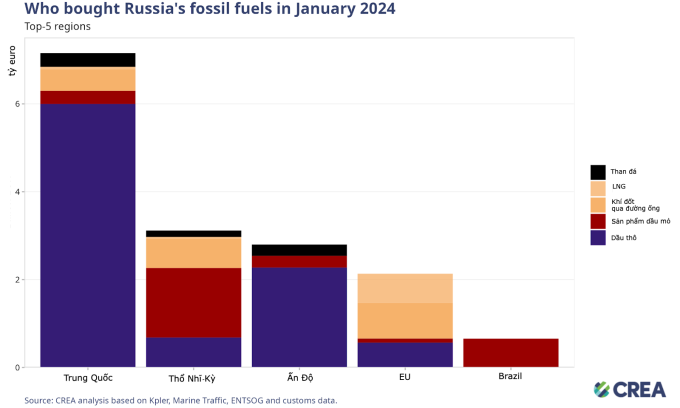
Top 5 Russian fossil energy importers in January 2024. Source: CREA
Brussels has imposed 12 sets of sanctions on the Kremlin since the Ukraine conflict erupted in February 2022, gradually narrowing the scope of trade. The European Commission says the restrictions have effectively reduced the bloc’s pre-sanctions trade with Russia by around 147 billion euros ($158.4 billion).
According to RBK data, Russia's total exports to the 27-member EU bloc reached 50.64 billion euros ($54.5 billion) last year, while Russia imported 38.32 billion ($41.3 billion) euros from the EU.
Russian Economic Development Minister Maksim Reshetnikov said that the EU's share in Russia's total trade turnover had more than halved - from 36% to 15%, while the country's trade with "friendly countries" had increased from 46% to 77%.
The EU is expected to launch a 13th package of sanctions against Russia later this month, which are expected to target around 200 entities and individuals but will not include any import bans. Earlier this week, the Financial Times reported that Hungary refused to sign on to the new sanctions at a meeting of the bloc’s ambassadors.
VNExpress


![[Photo] Party and State leaders visit President Ho Chi Minh's Mausoleum](https://vphoto.vietnam.vn/thumb/1200x675/vietnam/resource/IMAGE/2025/5/19/d7e02f242af84752902b22a7208674ac)


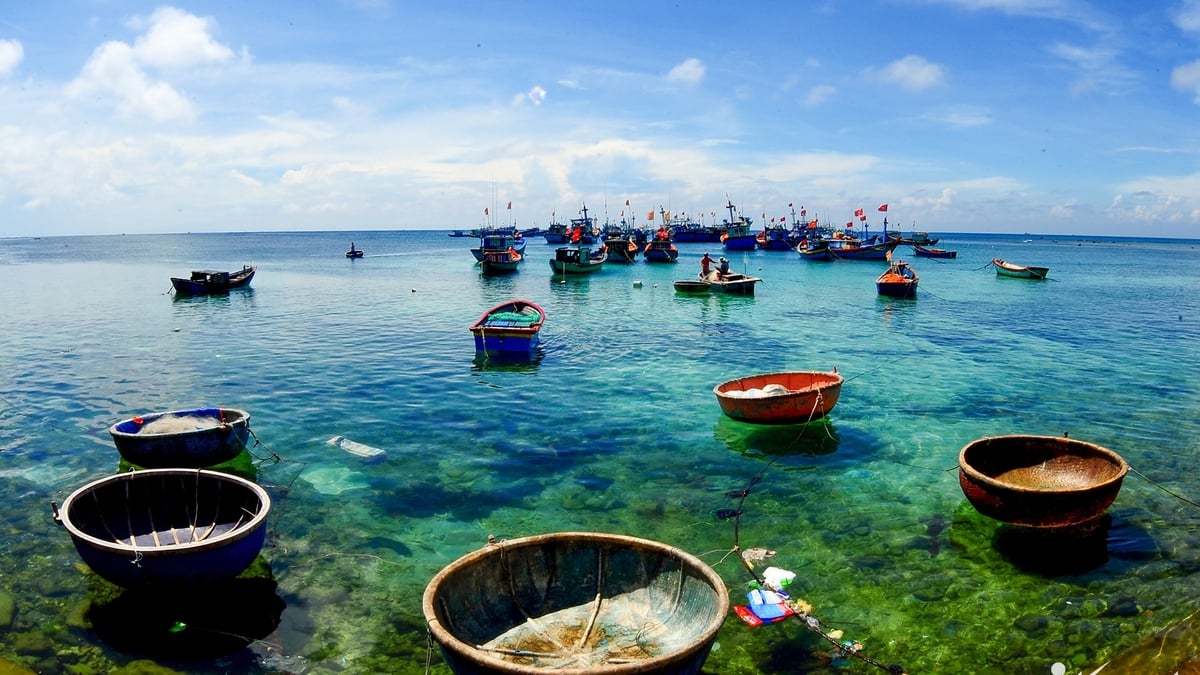

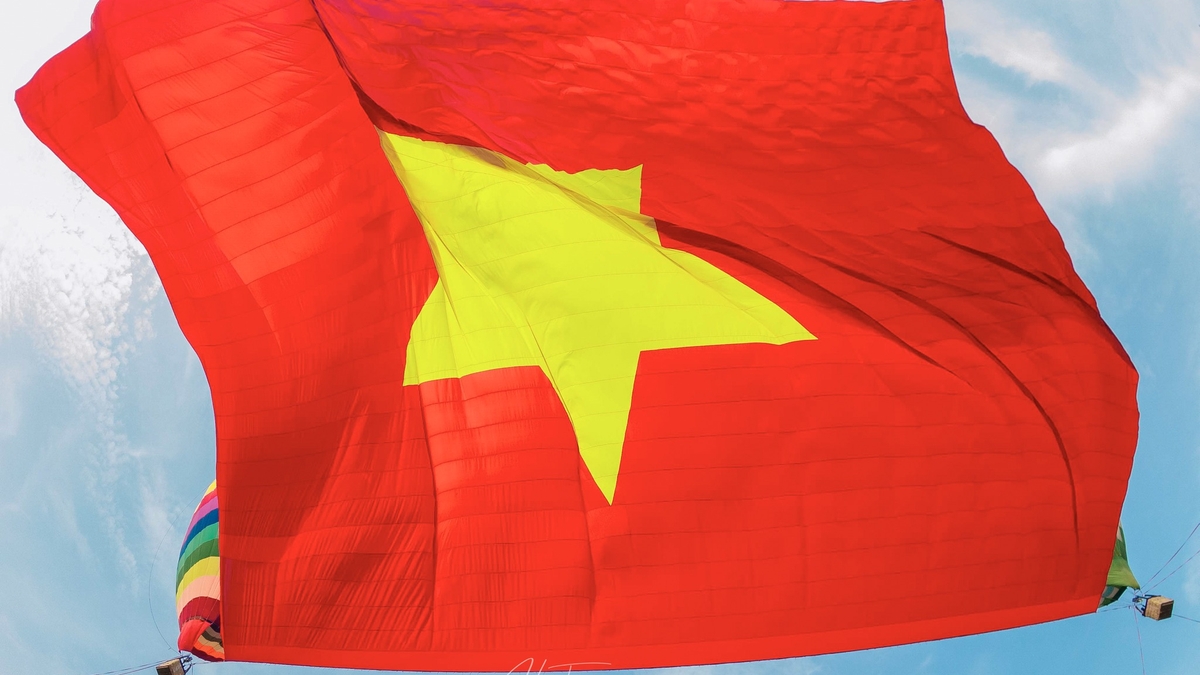








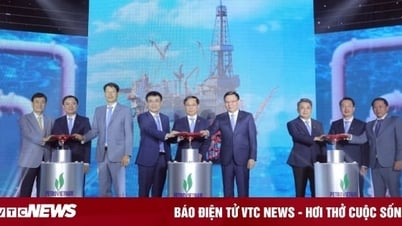

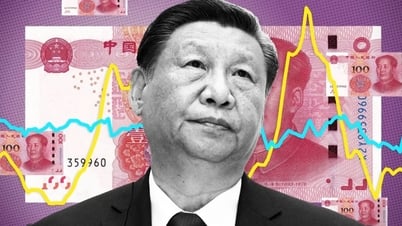





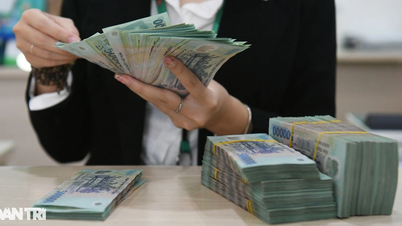











































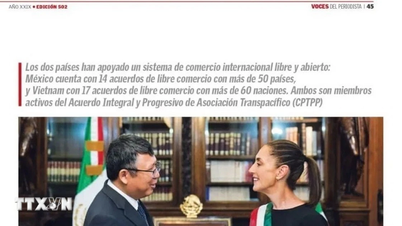



















![[VIDEO] - Enhancing the value of Quang Nam OCOP products through trade connections](https://vphoto.vietnam.vn/thumb/402x226/vietnam/resource/IMAGE/2025/5/17/5be5b5fff1f14914986fad159097a677)







Comment (0)